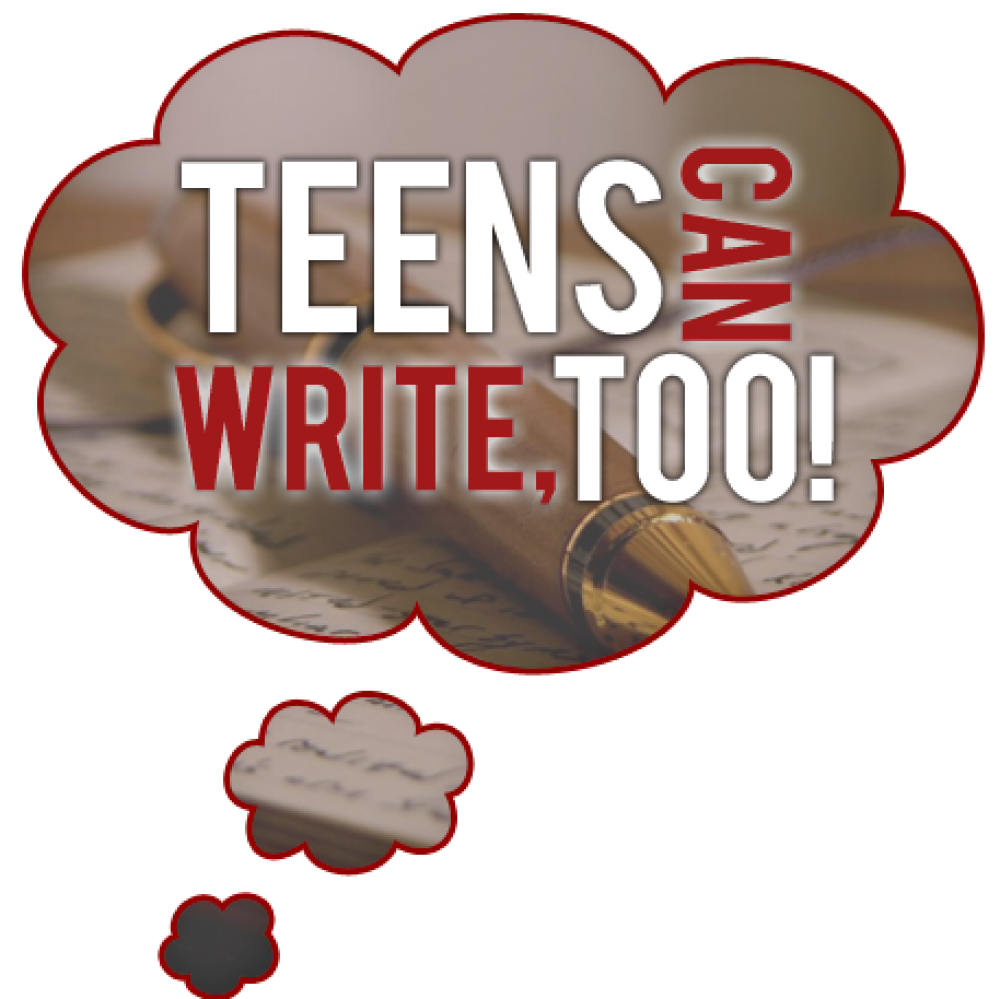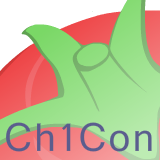Learning from Other Writers
Hey, TCWT-ers! Since this is my first post on the blog, I figure I should do a quick intro. I’m Olivia Rivers, I’m a writer, I’m a teen. Shocking, right? But I’m also a reader, and I decided to focus on that today. Or, more specifically, on how my reading ties into my writing.
Here’s the thing: Every time I sit down to write, I know I’m going to screw up in some way or another. Writing a novel basically creates a 90,000 word-long experiment. Combined with the sheer amount of guesswork that goes into revisions, mistakes become unavoidable. But there’s an awesome part about this: All writers mess up. I say this is “awesome” because it means that there are lessons to be learned from every other writer. Every book you read is a lesson in what works and what doesn’t. So how do you decipher that lesson? There’s no solid answer (or at least not one I’ve found!), but I’ve collected a few tips that tend to help me:
- Read.
I know it sounds incredibly obvious, but it’s worth mentioning: You can’t learn unless you take the time to study. The most talented authors I know are people who read more than they write, so I promise it’s worth setting down your own work and paying attention to other books.
- If you love part of a book, ask yourself if the author used emotional or technical craft to make you feel that way.
When you come across a part of a book you love, ask yourself why you feel that way. Is it because of the writer’s skill with technical craft? (ie: Their prose is beautiful, their metaphors are interesting, their sentence structure is smooth.) Or do you enjoy that part of the story because of the emotional qualities? (ie: Their characters are lovable, their plot twists make you gasp, the moral dilemmas make you think.) Or maybe it’s both? Being able to identify exactly why you like part of a story will make it much easier to incorporate those likable elements into your own work.
- If you dislike part of a book, ask yourself if the author actually made a mistake or if your personal feelings are to blame.
Certain parts of books can be identified as actual mistakes (ie: An abundance of typos or a gaping plot hole.) But a lot of the things we identify as “mistakes” are actually just aspects of a book that make us feel negative emotions (ie: An annoying character, or a trope we feel is cliched.) There are different lessons to be learned from these two things. Spotting actual mistakes teaches you what to never do. But spotting parts you dislike on an emotional level teaches you what to not do in certain situations.
A love triangle in a violent sci-fi is probably just going to distract from the plot; a love triangle in a sweet contemporary romance might keep a reader eagerly flipping the pages. Giving a love interest “impossibly blue eyes” in a sweet contemporary might feel cliched; giving a sci-fi villain the same eye color might give them an interesting spark of humanity.
The point is, it’s often impossible to label part of a book “good” or “bad.” But it’s much easier to label something as “fitting for this situation” or “not fitting for this situation.” And the more you read, the easier it will be to form an accurate label—both when you’re reading the works of others, and when you’re editing your own work.
- Look for broken rules that work.
Pick up pretty much any best-selling book, and you’ll find the author probably broke at least one writing “rule.” Sometimes it’s a matter of messing with grammar, like David Levithan does in “Will Grayson, Will Grayson.” Sometimes it’s turning a genre completely on its head, like Ellen Hopkins did when she debuted with “Crank.” Breaking a rule doesn’t always equate to messing up, and learning to identify that will help you figure out how to make your stories unique without upsetting readers.
- If you learn a lesson from another writer, make sure to give them credit in an appropriate manner.
If you learn from something an author does well, give them a shout-out on social media. Mention on Twitter that Brandon Sanderson has amazing world-building, or that Cassandra Clare’s dialogue is priceless. But if you learn from something an author does badly, don’t point it out publicly. Book reviewers, book bloggers, and other professional readers are already available to guide readers away from unenjoyable books. As a writer, it’s not really your job to mention the faults of other writers in a public manner. So if you really have nothing good to say about a book, just don’t say anything at all.
I could go on and on about studying the works of other writers, but those five tips are some of my favorites. What about you? Do you have any tips to share about learning from other authors?






Nice to meet you, Olivia! *waves* I never actually considered differentiating between emotional and technical techniques before, so I’ll try looking for that next time I read a book. And yeah, breaking rules is one of the most amazing parts of reading, because it’s hard to break rules effectively and you can just sit and go like, “Wow, you can do that?!?” Thanks for the tips 🙂
Hey, Alyssa! *waves back* Yes, isn’t breaking rules the best thing ever? I always feel like such a little rebel when I do it, haha. 🙂 Anyway, thanks for reading! I’m glad to meet a fellow rule-breaker. 😉
Awesome post! I love the message about really looking for what works and doesn’t work in a book. I find analysis takes the reading experience to a new level, both pleasurably and intellectually. And, as you say, personally, because that’s how we cultivate our own tastes and learn ourselves. Great messages 🙂
Thanks for stopping by and reading! I definitely agree that analysis can make a book more enjoyable. Although sometimes it’s also nice to just kick back and let a story take over without thinking too hard about it. I guess that’s one of the reasons why I love reading–you can enjoy it in so many different ways! 🙂
“Writing a novel basically creates a 90,000 word-long experiment.” I love this sentence. I’ve never thought of writing as being ‘an experiment’ (though, experimental, yes), but that’s exactly the way it seems, does it? You never know your results until they’re right there, done.
Thanks for stopping by and reading, Alexandrina! Personally, I love the experimental parts of novel writing. It’s so much fun how you never quite know what you’re going to end up with! 🙂
X-D Yay! Someone finally created a list of guidelines for authors reading rather than for critics or reading comprehension!!! 😀
Glad you found it helpful! 🙂
😀
I think that reading other books that you love is the best way to learn how to write better. I’m all for writing craft books, and I have quite the obsession with them, but nothing can beat a good example. I found that my favorite books often have really lyrical writing and unique turns of phrases, and I’d love to be able to imitate that in my own writing.
I totally agree that reading other books you love is the quickest way to learn! And not only that, but also the most fun way! 😉
Olivia, this was such a helpful post! Super professional advice that I’ll certainly keep in mind :). Also, if you’re a Brandon Sanderson/ Writing Excuses fan we most definitely need to talk about that 😀
Thanks so much, Emma Rose! And, yes, Sanderson is kinda-sorta totally amazing. His books are so addictive! 😀
This is such a great post! Reading and knowing how to apply that to writing are so important. 🙂 Thanks for posting this!